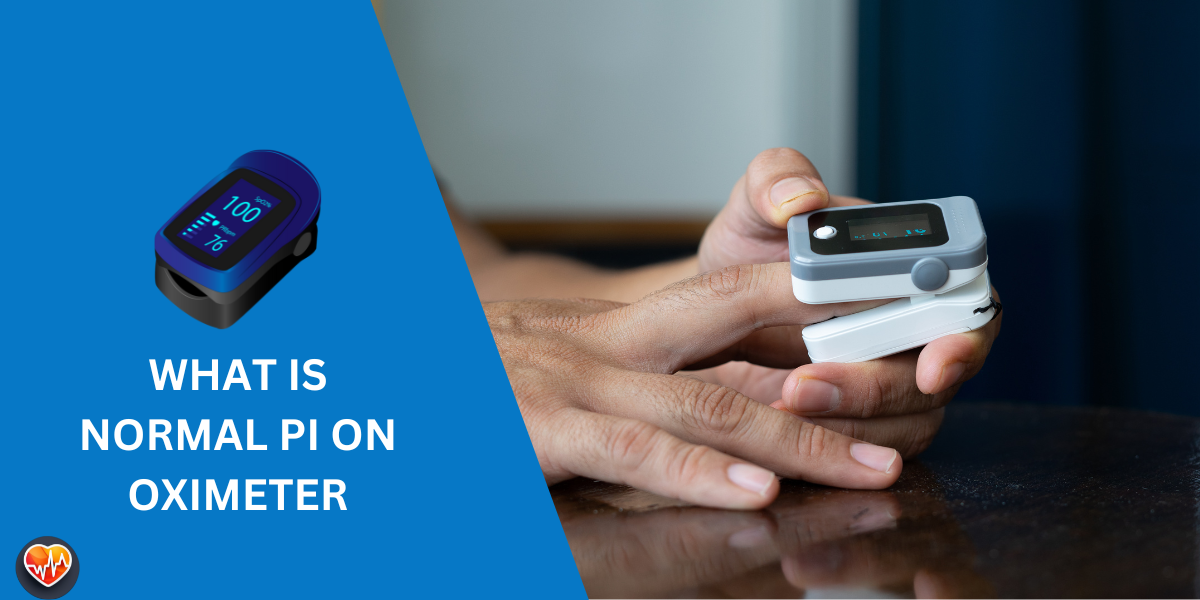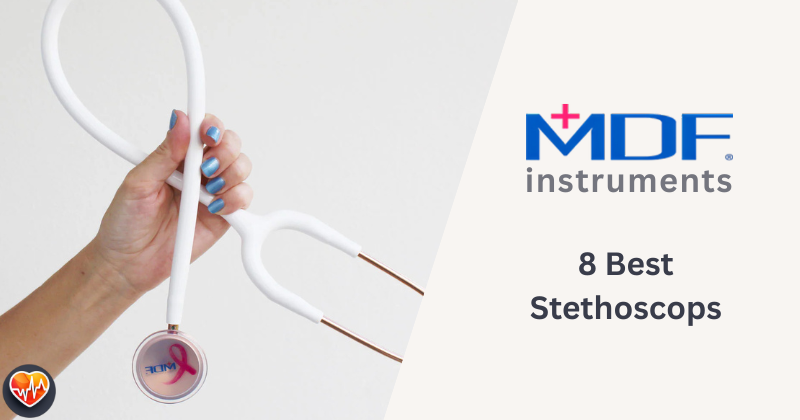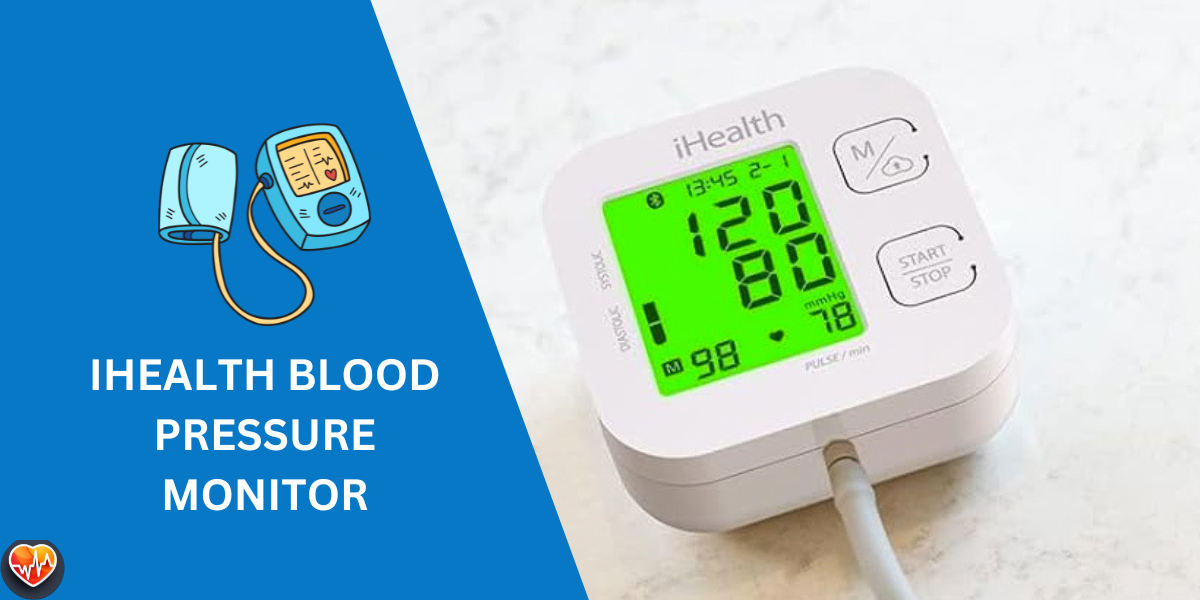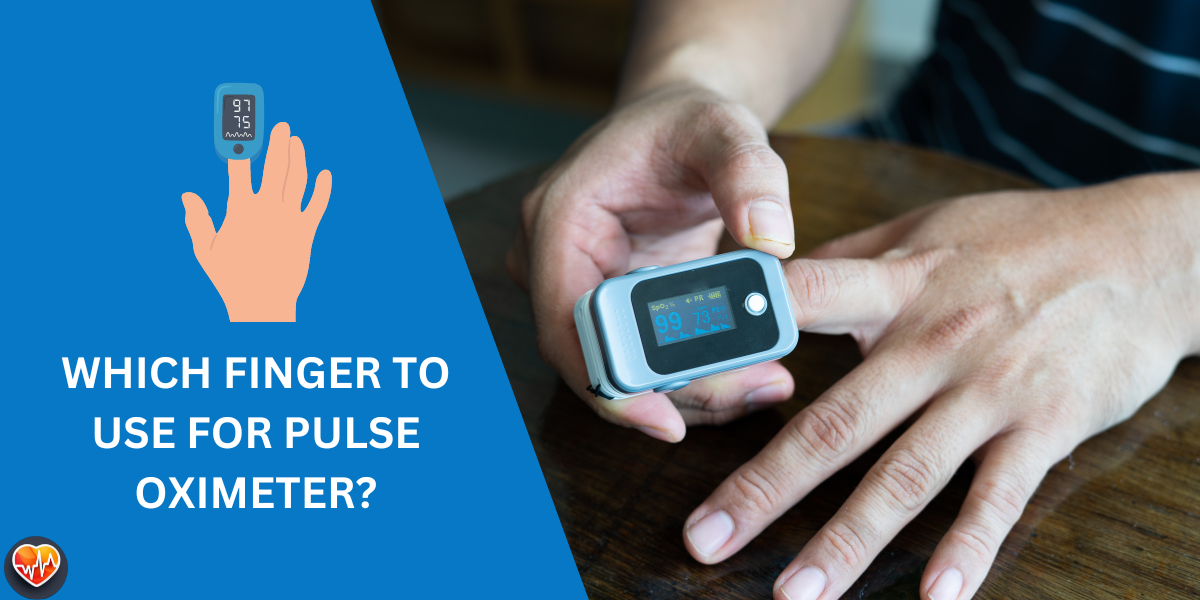
M: Discover how physician entrepreneurs are revolutionizing healthcare in 2024. Explore 19 inspiring stories of innovation, impact, and the future of medicine.
Are you fascinated by the intersection of medicine and entrepreneurship?
Do you wonder how doctors are stepping outside the traditional clinical setting to create innovative solutions and drive meaningful change?
If so, you’re in the right place.
In 2024, physician entrepreneurs are reshaping the healthcare landscape in remarkable ways.
They’re not just practicing medicine; they’re building companies, developing technologies, and advocating for policies that improve patient care and access.
Their work is transforming healthcare delivery, research, education, and more.
In this post, we’ll explore 19 inspiring examples of physician entrepreneur making a real difference.
We’ll explore diverse fields, from telemedicine and digital health to medical devices and pharmaceuticals.
You’ll discover how these trailblazers are leveraging their medical expertise and entrepreneurial spirit to tackle some of healthcare’s most pressing challenges.
- Innovation: Physician entrepreneurs are at the forefront of healthcare innovation, developing novel solutions that improve patient outcomes and access to care.
- Impact: Their work is making a tangible difference in the lives of communities and patients around the world.
- Inspiration: These stories serve as a source of inspiration for aspiring physician entrepreneurs and anyone interested in the intersection of medicine and business.
- Diverse Fields: Physician entrepreneurs are active in a wide range of healthcare fields, demonstrating the vast potential for impact.
- Challenges & Opportunities: This post will shed light on the challenges and opportunities facing physician entrepreneurs in 2024.
How Are Physician Entrepreneurs Transforming Healthcare?
1. Pioneering Telemedicine Platforms
Physician entrepreneurs are at the forefront of developing telemedicine platforms that easily connect patients with healthcare providers remotely. This innovation has expanded access to care, especially for those in rural or underserved areas.

2. Innovating Digital Health Solutions
Health professionals with entrepreneurial aspirations are leveraging technology to create digital health solutions, such as mobile apps for disease management, wearables for health tracking, and AI-powered diagnostics. These tools empower patients to take control of their health.
3. Founding Medical Device Companies
Physician entrepreneurs seek to improve patient care by founding medical device companies. They develop and commercialize innovative devices that address unmet medical needs, ranging from surgical instruments to implantable devices.
4. Launching Pharmaceutical Startups
Medical students and professionals are venturing into the pharmaceutical industry, launching startups that focus on drug discovery, development, and commercialization. They aim to bring new and improved treatments to patients faster.

5. Establishing Healthcare Consulting Firms
With their deep understanding of the healthcare market, physician entrepreneurs are establishing consulting firms to advise hospitals, healthcare systems, and other organizations on strategic planning, operations, and financial health.
6. Developing Educational Resources for Medical Professionals
Recognizing the need for ongoing education, physician entrepreneurs are creating educational resources for medical professionals. These resources include online courses, workshops, and conferences that cover clinical practice, business skills, and leadership development.

7. Mentoring Aspiring Physician Entrepreneurs
Many physician entrepreneurs are passionate about mentoring the next generation of healthcare innovators. They offer guidance and support to medical students and residents interested in entrepreneurship, sharing their experiences and insights.
8. Advocating for Healthcare Policy Reform
Physician entrepreneurs are using their voices to advocate for healthcare policy reform. They work with lawmakers and other stakeholders to promote policies that improve patient care, reduce costs, and increase access to healthcare.
9. Building Community Health Centers
In underserved communities, physician entrepreneurs are establishing community health centers that provide comprehensive care to those who need it most. These centers offer many services, from primary care and preventive medicine to mental health and substance abuse treatment.

10. Leading Healthcare Innovation Hubs
Some physician entrepreneurs are leading healthcare innovation hubs that bring together clinicians, researchers, entrepreneurs, and investors to collaborate on new ideas and solutions. These hubs build a culture of innovation and accelerate the development of new technologies and treatments.
11. Investing in Healthtech Startups
Many physician entrepreneurs are investing in health tech startups, providing not only financial resources but also valuable mentorship and guidance. Their expertise helps these startups navigate the complex healthcare market and accelerate their growth.

12. Creating Patient Advocacy Organizations
Passionate about specific health conditions, physician entrepreneurs are establishing patient advocacy organizations. These organizations raise awareness, fund research, and advocate for policies that improve the lives of the patients & their families.
13. Launching Health and Wellness Coaching Programs
Recognizing the importance of lifestyle in health, physician entrepreneurs are launching health and wellness coaching programs. These programs offer personalized support and guidance to individuals seeking to improve their diet, exercise habits, stress management, and overall well-being.

14. Developing Innovative Medical Education Programs
Physician entrepreneurs are transforming medical education by developing innovative programs that combine clinical training with business skills and entrepreneurship. These programs prepare the next generation of healthcare leaders to create and implement innovative solutions.
15. Writing Books and Articles on Healthcare Entrepreneurship
By sharing their knowledge and experience, physician entrepreneurs write books and articles on healthcare entrepreneurship. These publications inspire and educate aspiring entrepreneurs, offering valuable insights and practical advice in the field.

16. Speaking at Healthcare Conferences and Events
Physician entrepreneurs are sought-after speakers at healthcare conferences and events. They share their stories, expertise, and vision for the future of healthcare, inspiring others to join them in creating positive change.
17. Collaborating with Other Health Professionals
Recognizing the power of collaboration, physician entrepreneurs are partnering with other health professionals, such as nurses, pharmacists, and therapists, to create interdisciplinary teams that deliver comprehensive and coordinated care.

18. Participating in the NHS Clinical Entrepreneur Programme
In the UK, physician entrepreneurs are actively participating in the NHS Clinical Entrepreneur Programme. This program provides training, mentorship, and funding to support clinicians in developing and implementing innovative solutions within the NHS.
19. Building Supportive Communities for Physician Entrepreneurs
Understanding the unique challenges and opportunities facing physician entrepreneurs, many are building supportive communities. These communities offer networking opportunities, peer mentorship, and resources to help physician entrepreneurs thrive.

Why Is Physician Entrepreneurship on the Rise?
While a medical degree equips physicians with the skills and knowledge to diagnose and treat patients, it doesn’t necessarily prepare them for the world of business.
This is where physician entrepreneurship comes in.
Physician entrepreneurs leverage their medical training and expertise to identify unmet nesseseries in healthcare and develop innovative business ideas to address them.
They are passionate about creating solutions that improve patient care, make healthcare more accessible and reduce costs.
This trend is driven by a desire to make a greater impact on healthcare, a passion for innovation, and a recognition of the financial potential in this field.

Final Thoughts
The rise of physician entrepreneurship signifies a positive shift in healthcare.
By combining their medical expertise with business acumen, physician entrepreneurs are driving innovation and creating solutions that address critical needs.
As these entrepreneurial ventures mature, we can expect to see a more efficient, accessible, and patient-centered healthcare system.
The stories shared in this post are just a glimpse into the vast potential of physician entrepreneurship.
As more and more physicians embrace this path, the future of healthcare looks brighter than ever.
Frequently Asked Questions
What is a physician entrepreneur?
A physician entrepreneur is a medical professional who leverages their clinical expertise and business acumen to create, develop, and lead healthcare-related businesses or ventures. They often identify unmet needs in the healthcare industry and innovate solutions to address them.
Why do physicians become entrepreneurs?
Physicians are drawn to entrepreneurship for various reasons, including the desire to have a greater impact on healthcare, a passion for innovation, the opportunity to address dosen’t met medical needs, and the potential for financial reward.
What are some challenges facing physician entrepreneurs?
Physician entrepreneurs face unique challenges, such as balancing clinical practice with business responsibilities, acquiring business skills, raising capital, navigating regulatory hurdles, and building a team.
What are the benefits of physician entrepreneurship?
Physician entrepreneurship can lead to significant personal and professional rewards. It offers the opportunity to make a real difference in healthcare, improve patient care, and drive innovation. Additionally, it can provide financial independence and flexibility.
How can I become a physician entrepreneur?
If you’re interested in becoming a physician entrepreneur, start by identifying a problem you’re passionate about solving. Develop your business skills, network with other entrepreneurs, and seek mentorship from experienced physician entrepreneurs.













